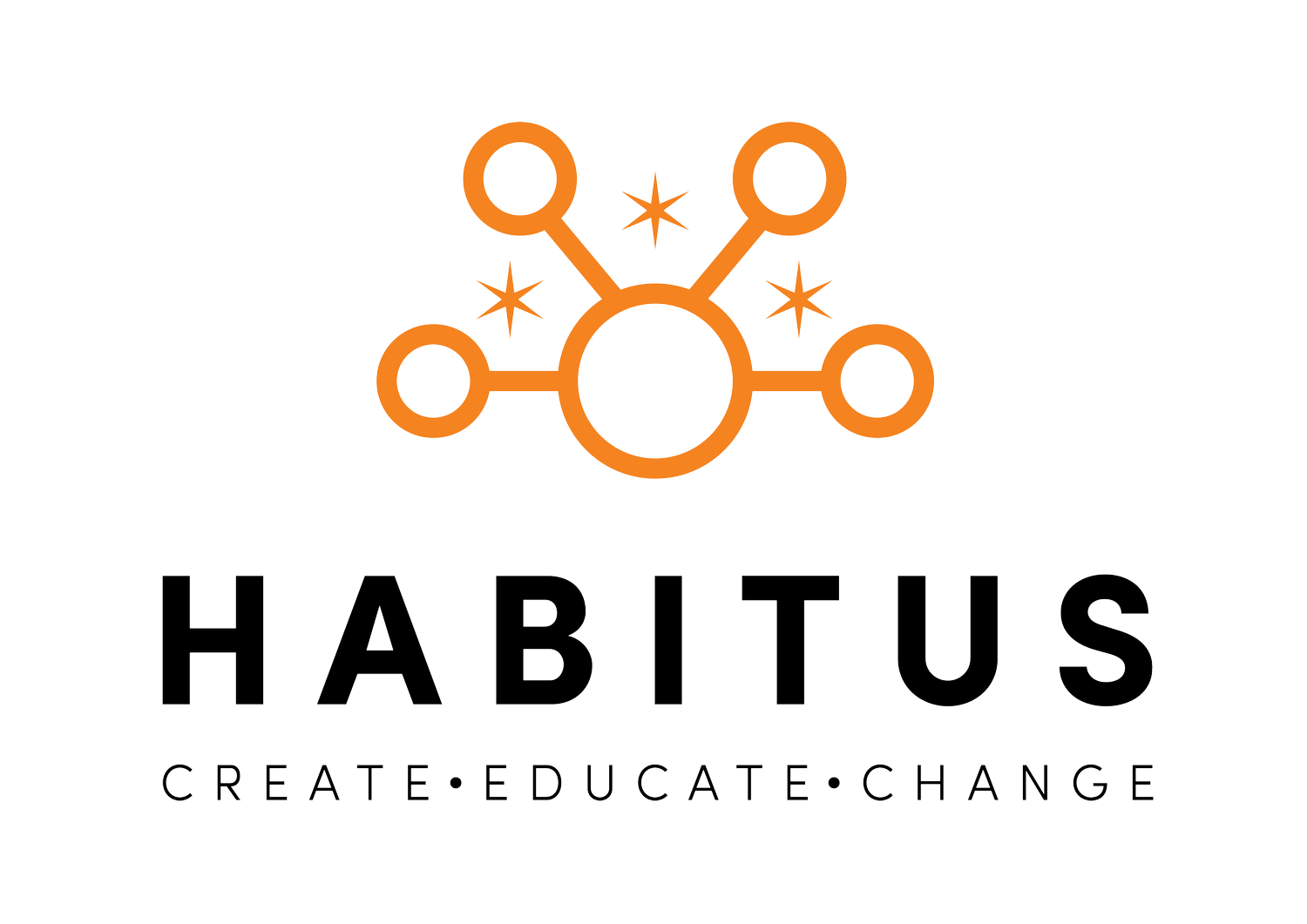HOW ETHNOGRAPHY CAN HELP DEVELOP TEAM CULTURES AND ORGANISATIONAL CULTURES
Ethnography, through its holistic perspective, brings out the hidden meanings that lie at the core of positive team cultures and strong organisational cultures.
Let’s take a step back.
We all remember times when we were rot with a problem, unable to see or think clearly, let alone solving it. So, we try the next best thing.
We take an opinion, a bit of advice or just pour ourselves onto someone we trust. Most of the time after our glass of frustration is empty, our confidante fills it up with hope by figuring out the problem.
More often than not we are surprised.
(Oh, God I never looked at it this way. Was this tiny problem enveloping my existence all along? I feel so relieved.)
Unknowingly, we are used to this practice of asking an ‘outsider’s’ opinion for our problems. Usually, it is someone who knows us well and also can have a distinct opinion by judging things from the outside (he isn’t you, who is the centre of the problem).
This is exactly what ethnographic research or ethnographical immersion does to your organisation. Albeit with a much more elaborate skill set.
The ethnographic immersion
An ethnographer is that outsider who immerses his/herself in an often-close knit community and gains the trust of the people by trying to become one of them. At the same time, he engages his ‘outsiders’ personality to dwell on the web of structures and functions of the community. The former is called an ‘emic’ and the latter an ‘etic’ perspective. In anthropological terms, this is called Participant Observation. An oxymoron since the ethnographer is both the ‘participant’ and the ‘observer’.
By looking at an organisation both from within (subjectively) and from without (objectively) he/she can make out where the conflict lies. The oft-hidden social structures that govern the organisations can lead to problems which to a naked eye, within the organisation, is difficult to locate.
Why do you need an ethnographer?
One of the things that we often take for granted is relying on what people ‘say’ they do. Ethnographers are immune to this myth since they know there is always a difference between what people ‘say they do and what ‘they do’. So, the best way is to observe them, in their native environment, during their practise or daily habits.
Ethnography plays at the hands of familiarising and de-familiarising social myths. Sometimes, we fail to notice certain habits and rituals of a particular group because we feel we ‘know’ them. It is by breaking the shackles of familiarity, we can nudge in the unfamiliar, hidden truths.
It is only when you immerse yourself in the lives of others and observe, you understand the non-verbal signs that engage a particular set of customs and believes which govern the lives of people. A good understanding of which helps in building a positive team culture.
In the context of cross-cultural teams
Global firms often come across this problem when cross-cultural teams are unable to work together. People from different cultures all have a different set of meanings that cater to their own particular culture.
They have an individual identity that fails to conform to a group or organisational identity, that unites the team together. No one person from within or solely from the outside could understand how to bring them all together.
Exploring cultural diversity lies at the heart of ethnography. It tries to bring out the differences and then finds ways to solve or mitigate them. The only way to bond members of different communities, cultures, mindsets, behaviours is when you understand what makes them kick or tick!
An ethnographer with his insider-outsider role tries to understand the individual with his/her personal goals and motivations. While at the same time tries to understand the group dynamics of organisational identity as a whole.
He understands that until the ‘human’ element with its uniqueness and diversity is understood, the teams would continue to play the role ingrained in them through their particular cultural upbringing.
No matter which organisation, without team unity, high performance is a faraway dream. Ethnography can help bring that dream to life.
Written by our Literary Intern, Sonika Jaggi
